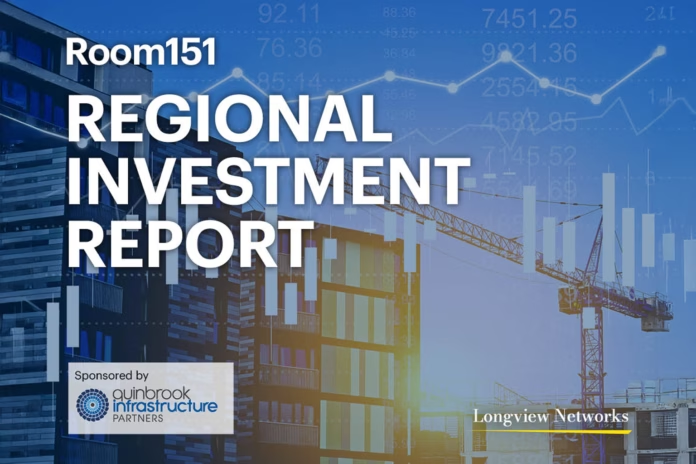A report has found that LGPS has failed to show the same rate of improvement in governance and administration as other public services schemes.

Given the new “clearer, quicker and tougher” approach of the Pensions Regulator, it is perhaps understandable why the announcement last year that the LGPS was a “high risk cohort” was greeted by some scheme stakeholders with a certain amount of unease and trepidation.
By way of background, LGPS scheme managers, along with those in other public service pension schemes, are required by the regulator to complete an annual governance and administration survey. The conclusion reached by the regulator is that the performance of the LGPS had plateaued and was not showing the same rate of improvement in governance and administration as other public service schemes.

Key risks
Despite the long-held view from many within the scheme that it is imprudent to compare a locally administered, multi-employer scheme like the LGPS with other centrally administered, single employer schemes in the public sector, the regulator was resolute in wanting to better understand the approach taken by LGPS scheme managers to a number of key risks.
With that in mind, the Regulator took the decision to engage with ten LGPS funds across the UK between October 2018 and July 2019.
The findings from the engagement with the ten LGPS scheme managers were published by the regulator on the 19th September.
Informal soundings taken from the regulator’s team during the engagement process had suggested that the intended outcome would be largely positive and constructive.
There are many elements of the report where this is the case, however, there are other instances where the report does not shy away from citing key risk areas where administration and governance in individual cases has found to be wanting against the standards set out in Code of Practice 14.
In these cases, the report helpfully makes reference to examples elsewhere in the scheme where such risks have been identified and mitigated.
Four improvements
The report’s executive summary identifies four key improvement areas. Firstly, key processes and procedures are not being documented with the risk that effective administration is put at risk when key staff leave. There is also a concern that scheme managers are too reliant on controls put in place by the parent local authority, for example, on cyber-risk policies.
Secondly, engagement with some local pension boards is less than ideal and some boards are meeting too infrequently and relying too much on summary papers rather than full documents.
Thirdly, scheme managers need to be more vigilant when it comes to protecting members from potential fraud and scams.
Finally, the report identifies considerable variation in the approaches taken by scheme managers when dealing with the risks surrounding scheme employers, such as receiving contributions and employer insolvency.
The main body of the report goes on to examine how LGPS scheme managers stack up against key elements of Code of Practice 14, for example, on record keeping, internal controls, good administration, member communication, internal dispute resolution procedure, local pension boards, employers and contributions, cyber security and internal fraud.
The regulator is keen to point out that the report is not an evaluation of any fund’s operation as a whole, nor is it to be considered as regulatory assurance or an endorsement of individual funds. The message appears to be that across the ten funds, there are examples where practice fell short of the prescribed standards of governance and administration and others where it has either been met or exceeded.
The report certainly offers a comprehensive range of practical help and guidance to assist scheme managers who judge themselves to be falling short of the standards of governance and administration covered by Code of Practice 14 and is therefore to be welcomed.
Local pension boards should also be encouraged to familiarise themselves with the findings of the report given their clear role to ensure that their scheme manager is compliant with Code of Practice 14 and other regulatory requirements.
Lessons
The next step for the scheme in England and Wales will be to prepare a detailed paper for consideration by the Scheme Advisory Board when it next meets on the 6th November.
There may be certain aspects of the report that the board may wish to question or to seek further explanation from the Regulator, but it is expected that much of the discussion will focus on the lessons to be learnt from the report and the extent to which there is a read-across to the work the Board is doing to improve the administration and governance of the scheme in England and Wales under the auspices of the Good Governance project.
Bob Holloway, is pensions secretary at the LGPS Scheme Advisory Board. These are his personal views.













